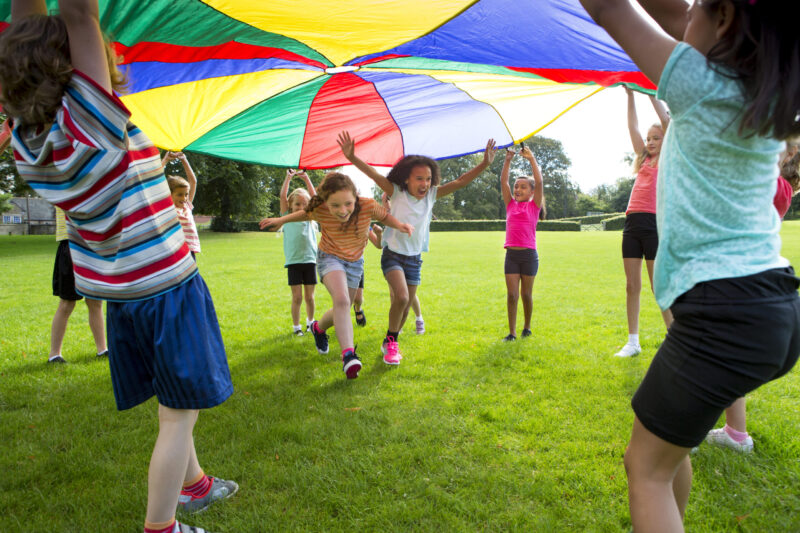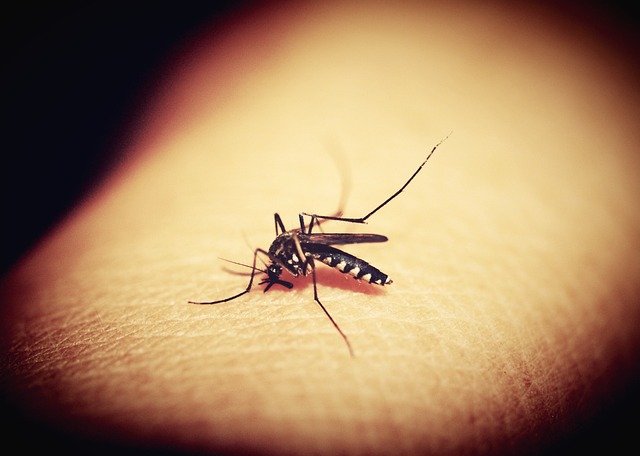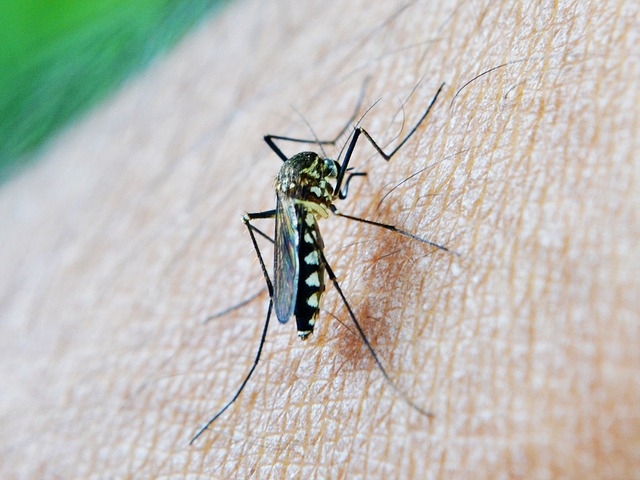One of the most frequent questions parents have when registering their children for any camp is what is the ideal age for kids to attend an overnight summer camp? Below are some recommended guidelines and suggestions for parents who are ready to send their child to camp but aren’t sure what age is best.
Only send your 6 to 8 years old to camp if:
1. Your child is a fairly independent kid (not clingy) and can take a shower on his/her own. If your child happily goes to school and is fine at day camps and other activities without you constantly by his/her side, then he/she’s probably ready for camp. Parents often worry about the logistical stuff with young kids. “Will someone make sure he eats? Puts on sunscreen? What if he wets the bed?” Know that, at a well-run, accredited camp program, counselors are trained to take care of young children. They will make sure your camper gets enough water, eats properly, and puts on sunscreen. Most camps work with families of bed wetters to help them feel comfortable coming to camp. You just need to make a plan on how to manage the bed wetting with the staff at your child’s camp.
2. Your child is ASKING to go. This usually occurs with younger siblings who visit or hear about camp from older brothers and sisters. They’ve been watching and hearing about the fun for a few years and they want “in.” I’ve often been at camp events where older kids are coming to hear about camp, and the younger siblings in attendance end up begging their parents to let them go to camp, too.
3. You, as the parent, are confident in your child’s ability to be away from you. And you are able to express that confidence to your child. And you can handle the separation. For young kids, focus on if your child is ready. This is not the age to force camp upon a hesitant child.
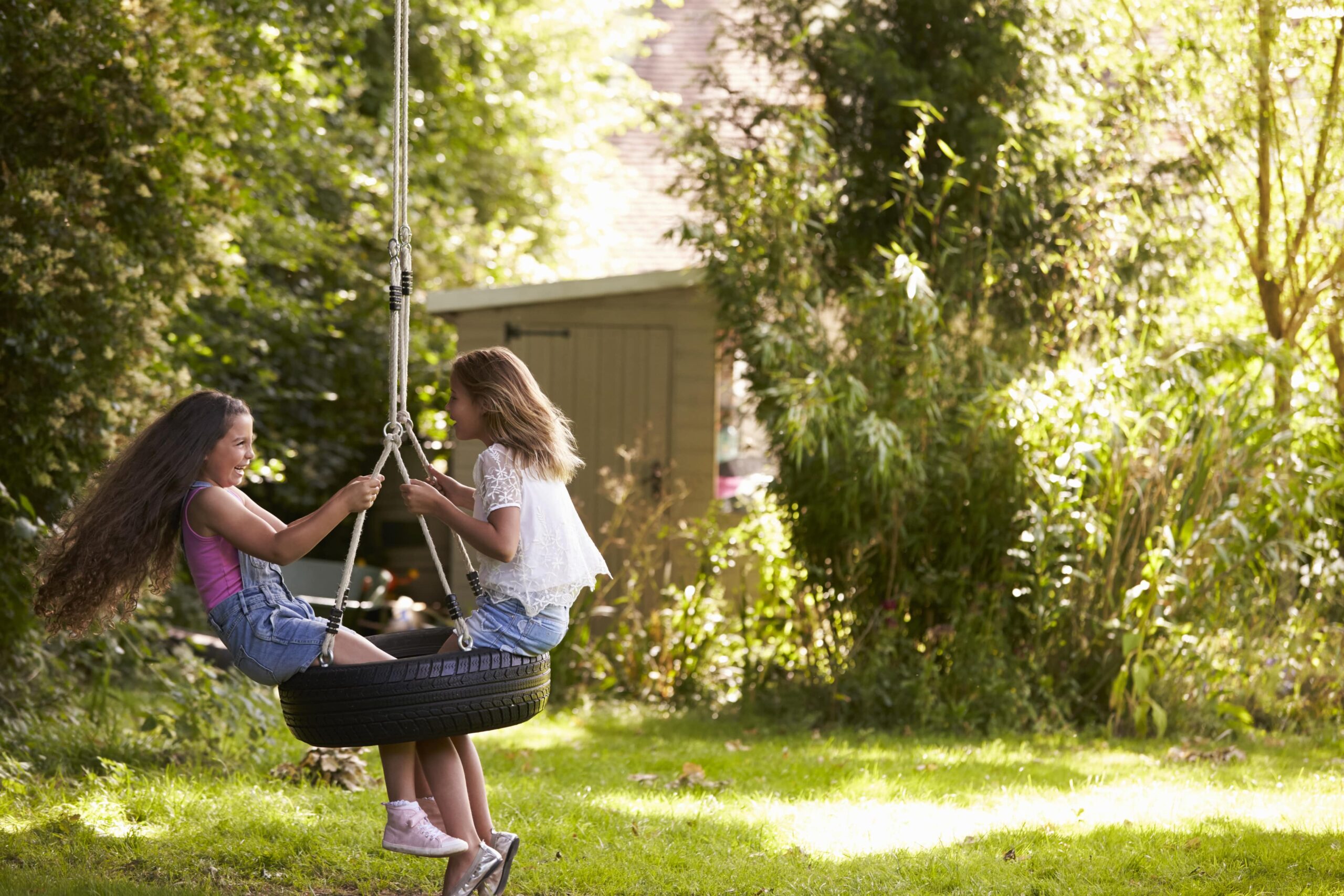
Once your child is 9 to 10 years old, there are three different guidelines, depending on your child and you:
1. If your 9-10 year old is excited to go to camp, go for it! Find a camp and sign him/her up!
2. If your 9-10 year old is hesitant about going to camp:
Talk with other families whose kids go to camp to expose him/her to the idea. Hearing how much other kids like camp might encourage him/her to want to go.
Browse websites and watch camp videos to show your child the fun that happens at camp.
3. If your 9-10 year old child is STILL hesitant, you have two choices:
The Hard Choice: Tell your child, “I know you’re ready for this experience and it will be a good experience for you that I don’t want you to miss out on. I know you’re nervous, but this is something that is important for you to do.” Explain all the benefits of camp and how you think camp will be great for him/her and how it is an important step in his/her growth and development. Let your child know that you, as the parent, think it’s an important experience that you don’t want him/her to miss out on. And then, sign up for camp that is a good fit for your child and offers activities he/she is interested in! Making this choice requires being able to stand your ground and not give in to whining. Better to not dwell on the topic until it gets closer to summer. Sign up but don’t talk about it too much, too far in advance if your child is especially anxious about it.
The Easier Choice (for now): Give your child a one year “pass,” but follow through! “Okay, no camp this summer, but next year you’re for sure going to a camp we choose together that is a good fit for you. I know you’re ready, and it will be a great experience for you that I don’t want you to miss out on. I know you’re nervous, but this is something that is important for you to do.”
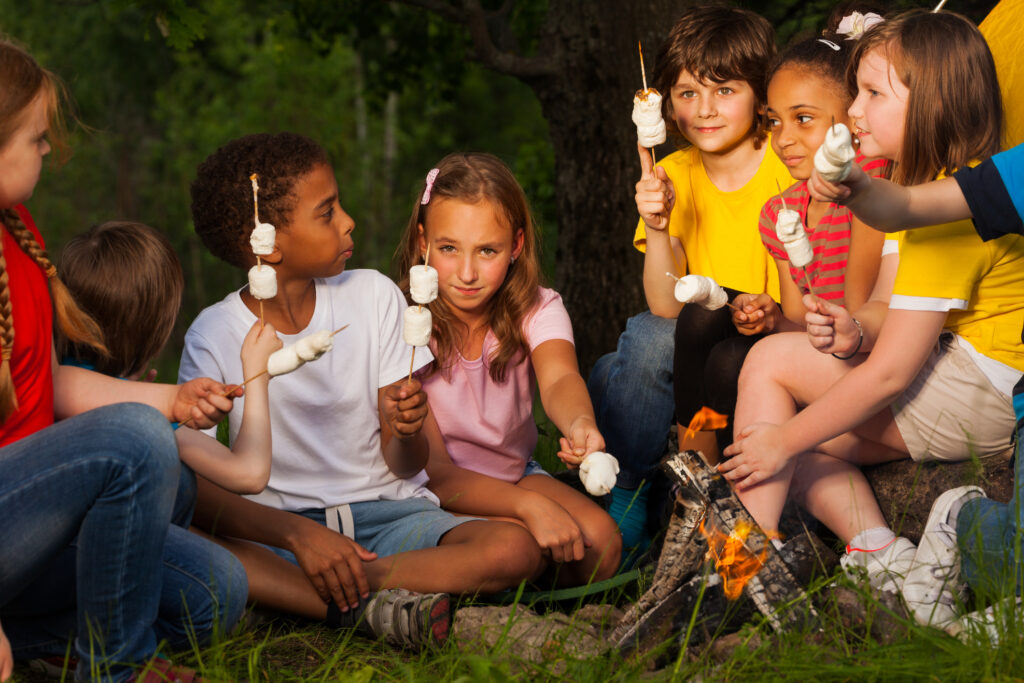
Kids who are hesitant about camp at 9 or 10 are likely to still be hesitant at 13, and possibly hesitant at 18 about going to college. Kids who are nervous about being away from home and parents need to figure out how to work through those feelings, and time away at camp is a great way to start! It’s actually easier to start camp at 9 or 10 and work through those difficult homesick emotions without also contending with puberty. So… knowing that it’s great to get your child some independent experience early, forge ahead confidently (or at least pretend you’re confident!).
If your child is 11, 12 or older, it’s really time. See above steps but don’t do the easier choice. Remember when you were that age? Your best memories were not hanging out with your parents. Time to get some fun, independent experience. Plus, the kids who tend to have the most extreme homesickness are the older ones who’ve never been away. But, if your child is one who may experience that extreme homesickness, isn’t it much better that it happen during a 3-week summer program than when they’re a freshman in college?
In a world with endless possibilities for your child’s summer, it’s time to consider the option that will have a meaningful and profound impact on the future of your son or daughter.

